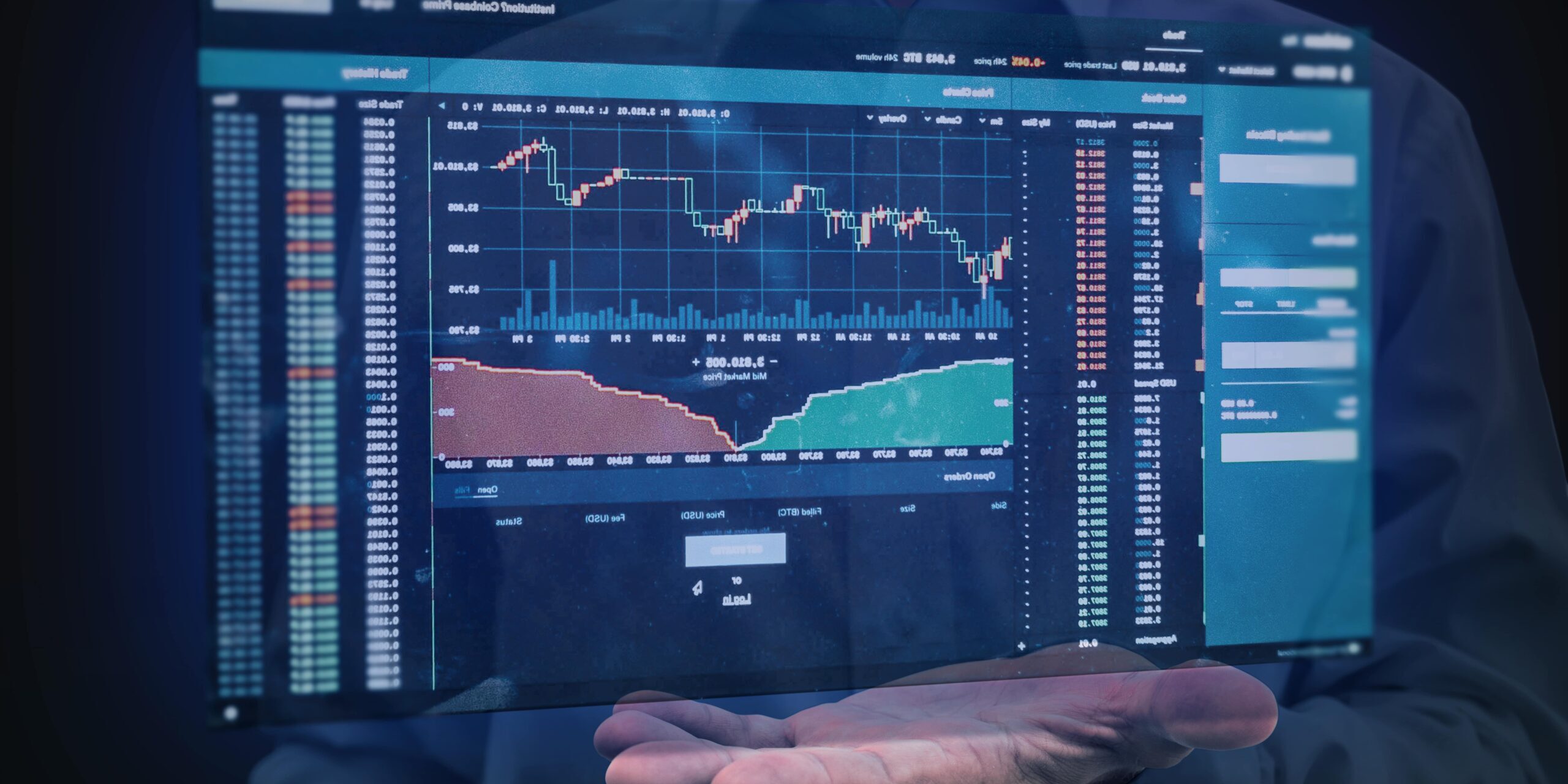In the modern financial landscape, artificial intelligence (AI) has emerged as a game-changer, reshaping the way we approach trading and investment. AI trading systems leverage advanced technology to optimize decision-making, improve efficiency, and provide a competitive edge in volatile markets. Here’s an in-depth look at how AI trading systems work and their transformative impact on the financial world.
What Is an AI Trading System?
An AI trading system is a technology-driven platform that uses machine learning, big data analysis, and predictive algorithms to execute trades. Unlike traditional trading methods that rely heavily on human analysis and manual inputs, AI trading systems operate autonomously, continuously analyzing market data to identify opportunities and minimize risks.
How AI Trading Systems Work
AI trading systems function by processing massive amounts of market data in real time. Here are the key components:
- Data Analysis:
- AI systems analyze historical and current market data, including stock prices, trading volumes, and news sentiment.
- This data helps the system recognize patterns and predict future market movements.
- Algorithmic Decision-Making:
- Using predefined algorithms, the system identifies optimal trading opportunities, such as when to buy or sell assets.
- Machine learning models adapt and refine these algorithms based on new data, ensuring continuous improvement.
- Automation:
- Once a trading opportunity is identified, the system executes trades without the need for human intervention.
- Automation ensures faster response times, crucial in markets where prices change rapidly.
- Risk Management:
- AI trading platforms incorporate risk management strategies, such as stop-loss orders and portfolio diversification, to safeguard investments.
Benefits of AI Trading Systems
- Enhanced Efficiency: AI systems process and analyze data far faster than humans, enabling quick decision-making and execution.
- Minimized Emotional Bias: Human traders often make decisions influenced by emotions like fear or greed. AI trading systems eliminate this factor, ensuring objective and rational trades.
- Accessibility: These systems democratize trading by providing sophisticated tools to individual investors and small firms that were previously available only to large institutions.
- 24/7 Market Monitoring: AI platforms operate continuously, monitoring global markets around the clock and seizing opportunities even outside traditional trading hours.
Challenges and Considerations
While AI trading systems offer numerous advantages, they also come with certain challenges:
- Dependence on Data Quality: The accuracy of AI systems heavily relies on the quality and volume of data they process. Poor data can lead to suboptimal decisions.
- Market Unpredictability: Sudden, unforeseen events like geopolitical crises or natural disasters can disrupt even the most advanced AI algorithms.
- Complexity: Setting up and maintaining an AI trading system requires significant technical expertise and resources.
The Future of AI in Trading
The integration of AI in trading is just the beginning of a broader transformation in financial services. Future advancements are likely to include:
- More Personalized Trading: AI systems will offer tailored strategies based on individual risk tolerance and financial goals.
- Integration with Blockchain: Combining AI with blockchain technology could enhance transparency and security in trading.
- Improved Regulation: As AI trading becomes more prevalent, regulatory frameworks will evolve to address new challenges and ensure fair practices.
Conclusion
AI trading systems represent a significant leap forward in investment technology, offering unparalleled efficiency, precision, and accessibility. While challenges remain, the potential benefits far outweigh the risks, making AI a cornerstone of the future financial ecosystem. Whether you’re an individual investor or a financial institution, embracing AI trading systems can provide the tools you need to navigate and thrive in an ever-changing market.

